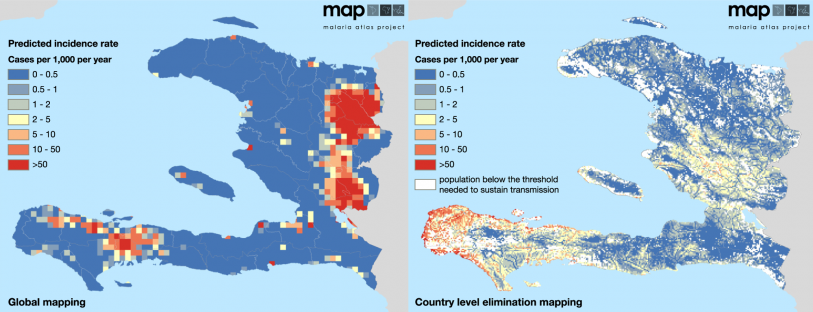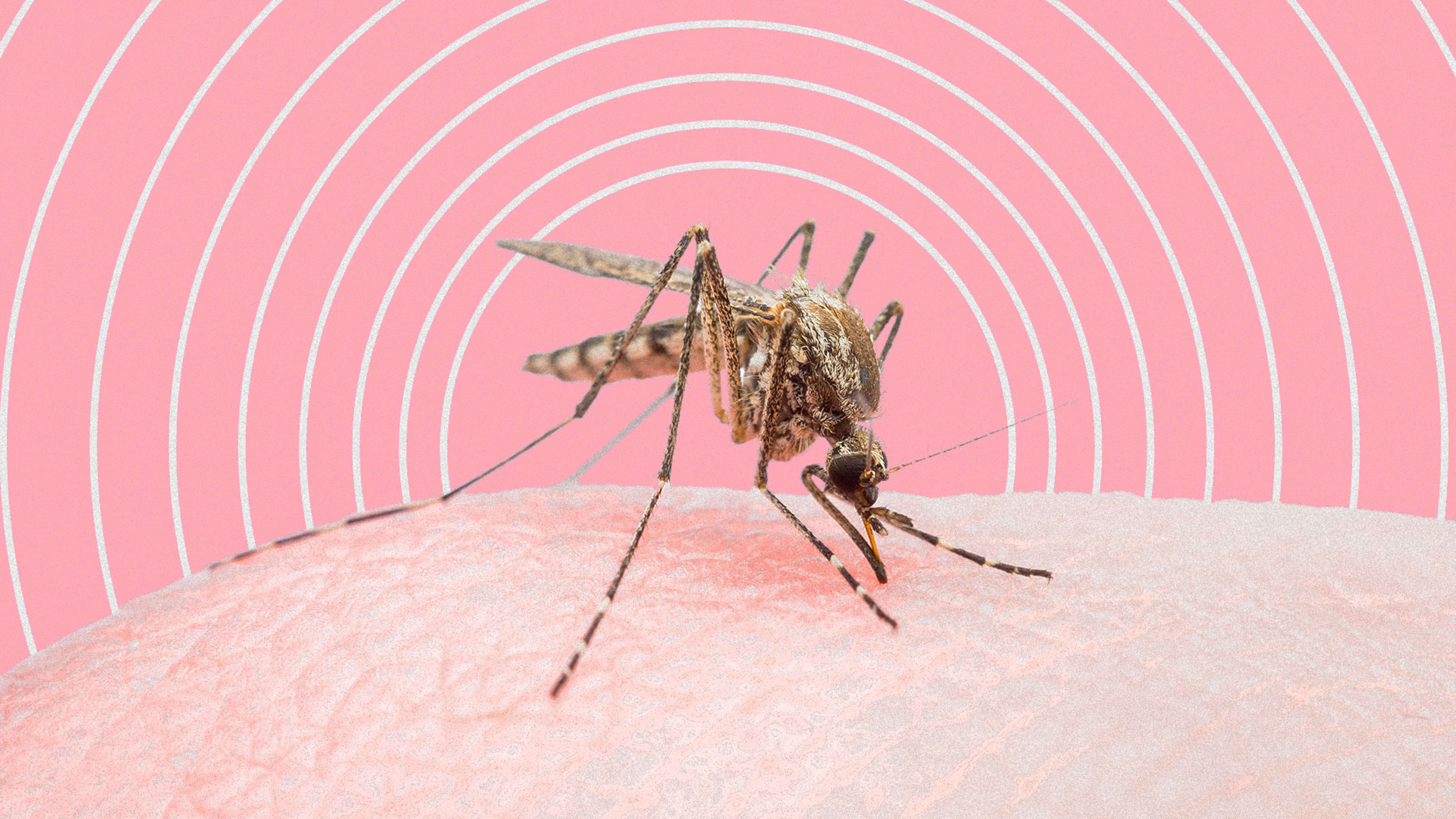Disease-carrying mosquitoes kill more than a half million people each year–and they’re mostly children. In fact, mosquitoes that transmit malaria and other diseases kill more people in one day than sharks have in 100 years. By the numbers, it’s reportedly 1,470 per day versus just 1,035 every 100 years. Yet these tiny terrors still don’t get a weeklong event on Discovery Channel.
For the last several years, Bill Gates has been trying to change that lack of public exposure by launching his own Mosquito Week on GatesNotes, his personal blog (where the aforementioned stats come from). The need has never been more pressing: Bednets and insecticides continue to be distributed to people in hard-hit areas, but the mosquitoes are now starting to develop resistance to some poisons. “After more than 15 years of steady progress against the disease, the improvement is slowing down,” Gates writes in a related post. “Funding for malaria has also flatlined. If we simply stick with the same tools and the same strategies, progress will stall, and the disease might make a comeback. We need to do more with what we have.”
Mosquito Week 2019 focuses on why these bug-borne illnesses are so difficult to stop, and three potential solutions that could help: smarter vaccines, insect gene editing, and better mapping of infection. In a summary video, Gates points out that not all mosquitoes cause malaria, just one species called anopheles. Even then, it’s only the females who bite. (A different species carries yellow fever, Dengue, Chikungunya, and Zika, although there’s obvious overlap in methods to counter them.)
The biggest problem in creating a malaria vaccine is that the virus itself is what Gates calls a “shape-shifter”–it reshuffles the structure of its proteins in a way that makes it hard to design an immunity shot for it. The trick, Gates thinks, is to create an immunization that targets the initial parasites delivered by the first bite before they spend time enough time in your body to begin their shape-shifting evolution.
Another answer could be to use gene editing to stop the harmful species from procreating altogether. As Gates points out in another post, scientists are using CRISPR to work on two two promising concepts: There’s the “X-shredder” (which makes all children turn male, and thus results in eventual extinction) and “doublesex gene” (which gives newborn females anatomy that doesn’t allow them to reproduce or bite). By carefully introducing these advances to a wild population, infected swarms would likely die out over the course of hatching seasons. “The promise of gene editing is that, instead of killing a bunch of mosquitoes indiscriminately, we could eliminate only the dangerous ones in a particular area,” Gates says. “That would buy us time to cure all the people there of malaria. Then we could let the mosquito population return without the parasite.”

“What you’re trying to do is bottleneck the disease and have some point in time where there’s none of it in mosquitoes, and there’s none of it in humans,” he adds in the opening video. But first government officials, aid workers, and researchers must all stay tuned in to the necessity of supporting such advancements.
Recognize your brand’s excellence by applying to this year’s Brands That Matter Awards before the early-rate deadline, May 3.
